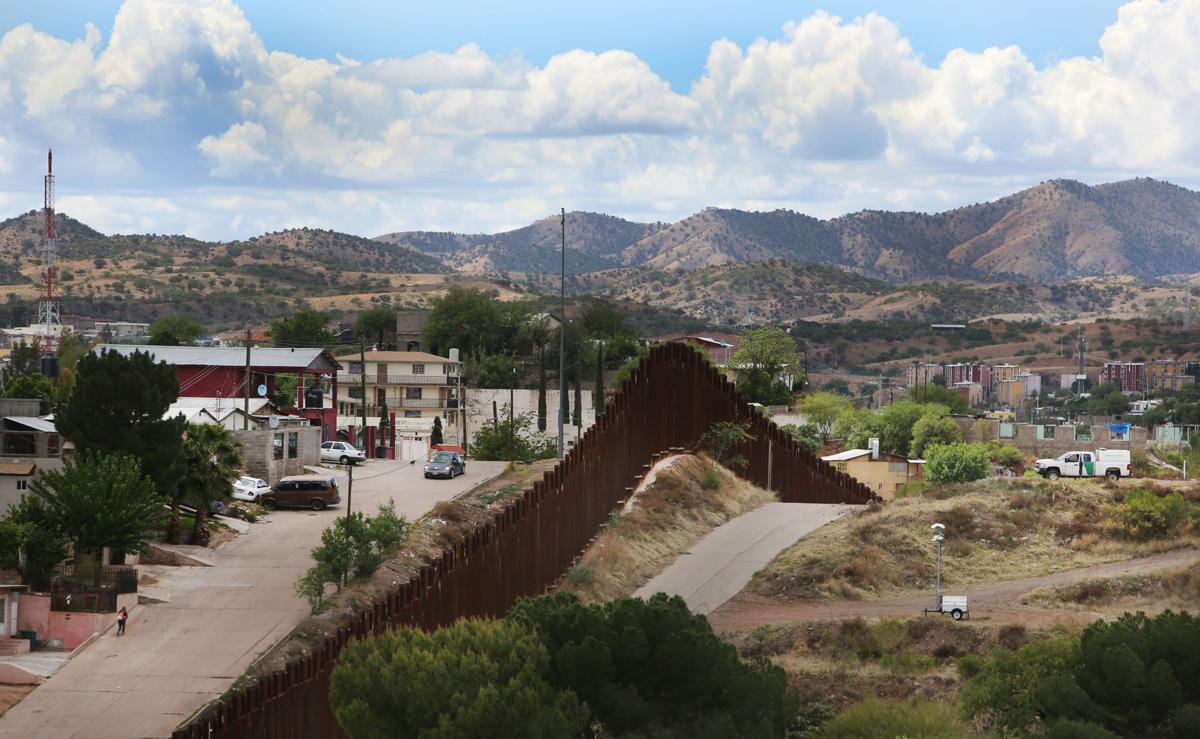Attorneys on both sides of the upcoming murder trial of Border Patrol Agent Lonnie Swartz are trying to screen out jurors who might have strong feelings one way or the other about illegal immigration and drug smuggling.
U.S. District Judge Raner Collins has agreed to a request by prosecutors to ask whether someone has belonged to, or supported, a group that “provides a physical presence along the international border” to assist law enforcement in stopping illegal immigration or drugs. That is another way of referring to border militia groups.
The same question will apply to family members of potential jurors.
Prosecutors also want to know whether would-be jurors or those in their family have advocated for greater security along the border.
Conversely, defense attorney Sean Chapman has his own list of organizations to screen for, ranging from Border Action Network and Coalición de Derechos Humanos to the American Civil Liberties Union.
Neither side would comment to Capitol Media Services on exactly what they hope to learn from answers to the questionnaires that will be sent to prospective jurors ahead of the Oct. 24 trial in Tucson. But the questions appear designed to weed out those with certain pre-conceived ideas.
That is particularly important in this case since, unlike some criminal cases, the jurors are not being asked to decide if the defendant did what he is charged with doing. No one disputes that on Oct. 10, 2012, Swartz shot 16-year-old Jose Antonio Elena Rodriguez through the border fence at Nogales. The only question for jurors is whether Swartz, who claims the teen was involved in drug smuggling and had been throwing rocks at him, was justified in his action.
While Chapman seeks to raise issues like drug smuggling, Assistant U.S. Attorney Wallace Kleindienst is arguing that only one thing is relevant: Whether Swartz perceived that the teen posed “an imminent threat of serious bodily injury” to him when the agent fired through the fence.
This week, both Chapman and Kleindienst asked Collins to add more juror questions to those the judge already approved.
In the case of Chapman, he wants the judge to ask jurors if they will be able to acquit his client even if the evidence showed he killed the teen “but the law instructed you that, under the circumstances, he had not committed a crime.”
Collins will tell jurors that the shooting occurred “during an incident involving individuals in Mexico, who climbed over the (border) fence into the United States, carrying bundles containing marijuana.”
With that in mind, prosecutor Kleindienst wants to know whether jurors have any issues with drug addiction or abuse that would affect their ability to be impartial.
Then there’s the issue — one not disputed by federal prosecutors — that Elena Rodriguez was throwing rocks at Swartz from the Mexican side of the fence, another factor Chapman hopes to use to sway jurors into deciding the shooting was justified under the circumstances.
Kleindienst wants would-be jurors to be asked whether they would find Swartz not guilty solely because he was on duty as a law enforcement officer at the time.
The prosecutor also wants this question to be asked: Do you believe that law enforcement is legally entitled to use whatever force necessary, even if not legally justified, to protect the international border with Mexico?
Chapman, conversely, wants to know whether prospective jurors believe the United States is unfair in its treatment of those who come to this country without documentation. He also seeks to ask if people believe that law enforcement, including the Border Patrol, treats undocumented migrants unfairly.





